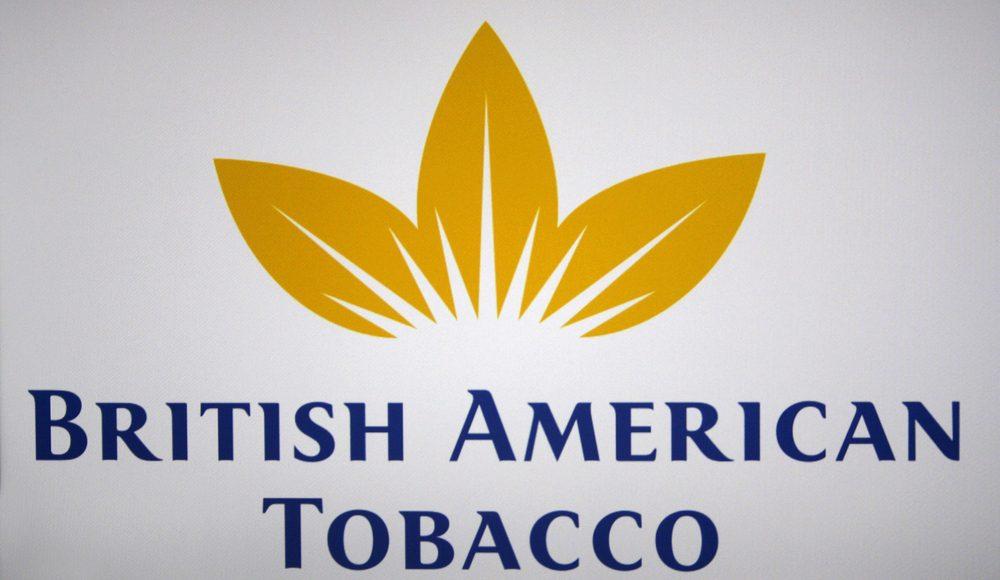British American Tobacco looks to invest in new categories
British American Tobacco outperformed expectations in 2020, announcing a pre-tax profit of £8.67bn, up nearly 10% from £7.91bn in 2019.
Revenue during 2020 fell slightly from £25.88bn in 2019 to £25.78bn, however this was in line with the company’s expectations and up on a constant-currency adjusted basis.
On market opening, British American Tobacco’s share price dipped by 5% to 2,579.52p. Over a twelve month period, the FTSE 100 company’s share price is down by over 21%. In June 2017, British American Tobacco was valued at 5,578p a share, well over double its current value.
The board confirmed it would payout a full-year dividend of 215.6p a share, up 2.5% from the year before.
While British American Tobacco expects the pandemic to continue to affect its performance, the company is well on track to achieve yearly cost savings of £1bn by 2022.
The savings will be reallocated to fund investments in new categories, according to the company’s chief executive, Jack Bowles.
“Our investment behind New Categories has increased by a further £426m compared to 2019, enabled by a 5th consecutive year of value share growth in combustibles,” said Bowles.
“Enabled by Project Quantum, we continued to simplify the company and drive efficiencies, delivering £660m of cost savings (being well on track to deliver our ambitious £1bn of savings by 2022), further supporting new capabilities investment.”
Executives at the company have previously said that sales of “alternative” cigarette products are expected to grow by more than £5bn by 2022.
Bowles also made reassurances over British American Tobacco’s commitment to meeting ESG targets.
“Our ESG targets are transformational and support our A Better Tomorrow ambition. We will track and share our progress. We are committed to reducing the health impact of our business, whilst delivering sustainable results that create long-term multi-stakeholder value.”
Russ Mould likened the FTSE company’s predicament to those of major oil and gas companies.
“British American Tobacco in many ways faces a similar challenge to the oil and gas sector, replacing a revenue stream which is widely perceived as harmful with one which is as yet much less profitable and where its ability to dominate the market is less certain,” said Mould.

